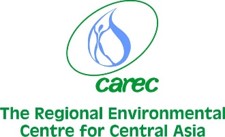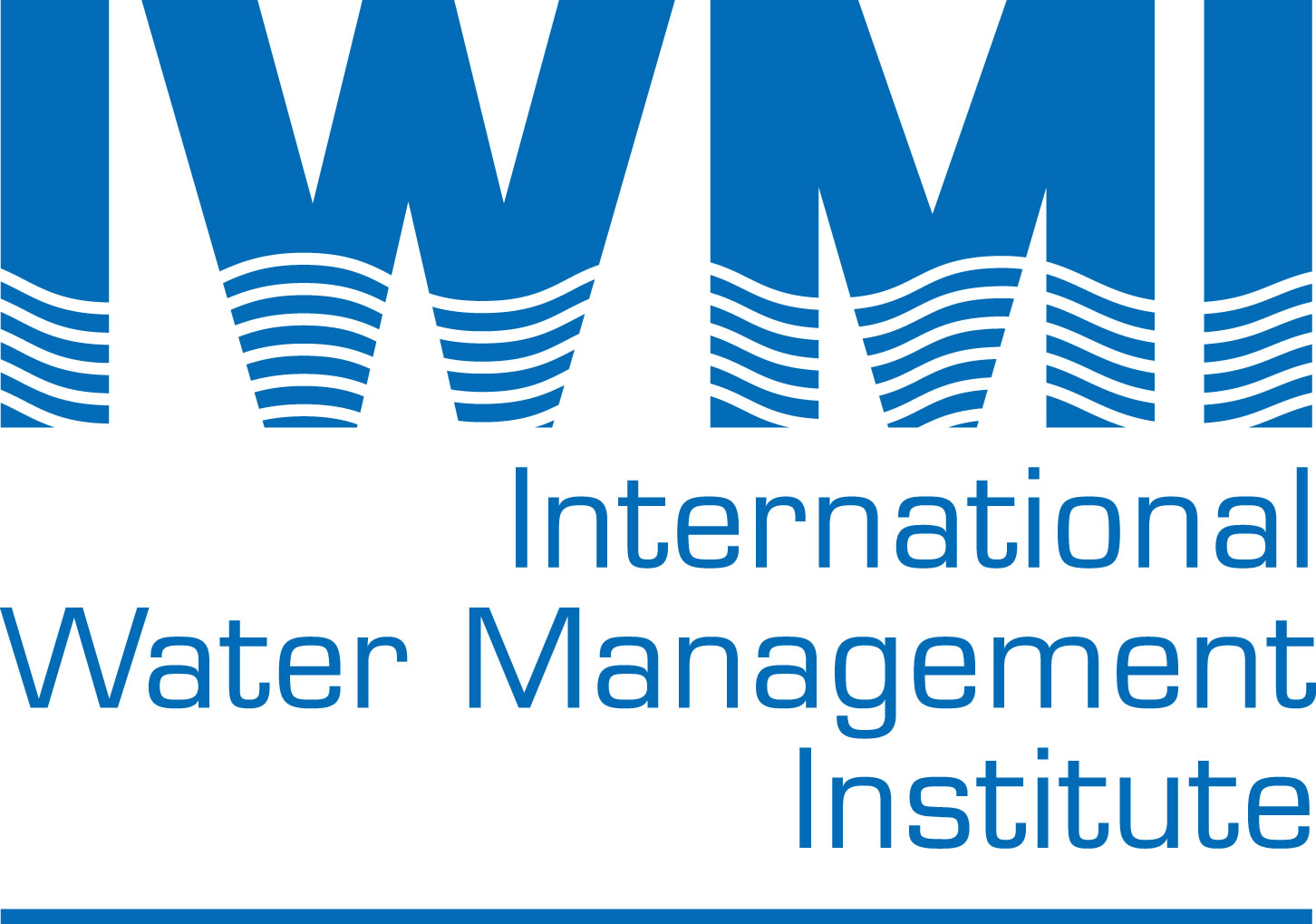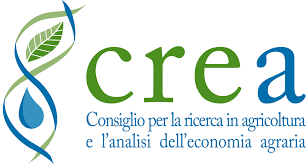 There is an opinion that effective solution of problems in CA water sector requires reforms, first of all, in the existing system of regional institutions, and in the legislative frameworks of cooperation. How drastic should these changes be, what can and needs to be done today, and what actions should be taken for the longer perspective, and, most importantly, how within the existing frames of relationships in the region, one can achieve maximal effectiveness of taken efforts. Mr. Marton Krasznai, UNECE Regional Adviser for Economic Cooperation and Integration, kindly agreed to answer the questions of CARNet.
There is an opinion that effective solution of problems in CA water sector requires reforms, first of all, in the existing system of regional institutions, and in the legislative frameworks of cooperation. How drastic should these changes be, what can and needs to be done today, and what actions should be taken for the longer perspective, and, most importantly, how within the existing frames of relationships in the region, one can achieve maximal effectiveness of taken efforts. Mr. Marton Krasznai, UNECE Regional Adviser for Economic Cooperation and Integration, kindly agreed to answer the questions of CARNet.
CARNet: Before discussing this issue, it may be a good idea first to have a more detailed picture of the existing situation as it is perceived from the position of the so-called “Berlin process” and its Transboundary Water Management Program for Central Asia. In 2009 to 2011 the Programme focuses on promoting regional cooperation, improving transboundary river basin management and national pilot projects on water resources management. In our today’s talk we are interested in the first component, which is implemented by UNECE through the project “Regional Dialogue and Cooperation on Water Management”. Could you, please, briefly inform our readers about this project.
MK: The Project “Regional dialogue and cooperation on water resources management in Central Asia”, supported by the German Government, provides assistance to Central Asian countries in four key areas: a) facilitating better understanding of relevant UNECE conventions, in particular the Water Convention through regional and national capacity building activities b) the strengthening of regional institutions c) modernization of legal frameworks, that is the agreements on setting up and regulating the operation of regional institutions d) the improvement of water monitoring and related information exchange. The program received a strong political mandate by the Summit Meeting of Heads of States Founders of the International Fund for Saving the Aral Sea that took place in April 2009 in Almaty. In the Joint Declaration of the Summit, the five Presidents expressed “their readiness to further improve the organizational structure and legal basis of IFAS”.
CARNet: How would you describe the current relationship among stakeholders in CA transboundary water management area and what role do you assign to “Regional Dialogue and Cooperation in Water Management” project?
MK: The situation is complex. On the one hand, disputes over the water-energy nexus keep creating tensions and have become a major stumbling block hindering regional cooperation in Central Asia. On the other hand, despite the significant conflict potential generated by these disputes, Central Asian countries have so far been able to settle their water and energy related problems in a peaceful way, through negotiations. While during the last 18 years many Central Asian regional organizations and initiatives have failed, disappeared or became dormant, IFAS and its regional organizations – like the Interstate Commission for Water Coordination (ICWC), Interstate Commission for Sustainable Development( ICSD) – have been actively functioning throughout. This is proof of a great deal of pragmatism of the five Central Asian Governments: they realize that the complex problems related to the water and energy nexus, after all, cannot be solved otherwise than through cooperation.
CARNet: Regional institutions regulating distribution of Central Asian water resources already exist. You have mentioned the Interstate Commission for Water Coordination (ICWC) and International Fund for Saving the Aral Sea (IFAS). There are different opinions about their role and capacities. How the institutional capacity for transboundary water management in CA is assessed within the “Regional Dialogue and Cooperation in Water Management” project?
MK: The implementation of our program started with a comprehensive study of existing regional institutions and legal frameworks, undertaken by some 60 local experts, who were assisted by two international consultants. The study clearly points out the weaknesses that hider the effective functioning of the present institutional architecture. Among the problems identified is the lack of a modern, coherent legal basis for regional institutions: the present agreements don’t correspond to modern requirements and often contradict each other. Most notably, the river-basin approach and the principle of integrated water resources management are by and large missing from the present set of legal documents. The institutions built on this legal framework suffer from unclear and limited mandates, lack of coordination among them and a dysfunctional budgetary system. Although the IFAS system seems to be well structured “on paper”, in reality the three institutions – the Executive Committee of IFAS (EC IFAS), ICWC, and ICSD – act independently of each other, which decreases their efficiency.
CARNet: This project’s aim is to strengthen the existing water institutions, for example, through clarification of their mandates and tasks. As we know, the countries in the region have more drastic proposals, which they many times voiced at all levels , for example the proposal to establish completely new structures as there is an opinion that the old ones are impossible to reform in practice. How do you look at such discussions, and what actions on strengthening the institutional capacity are needed and possible today?
MK: Indeed, many experts would favor the establishment of a completely new regional architecture. However, we have to keep in mind that in order to succeed our program needs the support of all five Governments. Therefore we make every effort to strengthen confidence among all stakeholders that participate in the process of institutional strengthening – governments, regional organizations, research institutes, experts, water users — and elaborate proposals that have the chance of being accepted by consensus. A phased approach, a step by step strengthening looks like the most promising way forward. Presently, we focus on those areas, where progress seems to be possible: assistance to the elaboration of the Third Aral Sea Basin Program, help to the effective management and operation of EC IFAS, improved work with the donors’ community, better external communication, etc. In parallel, a working group on legal and institutional strengthening and ASBP-3 had two meetings, which offered an opportunity for dozens of representatives of Governments and regional organizations to discuss the comprehensive study mentioned above and identify areas, where consensus is possible. EC IFAS and UNECE have also conducted national consultations in all five capitals to get better acquainted with the positions of the Governments. EC IFAS is now setting up a much smaller expert group (two representatives by each Government), which will start reviewing the existing institutional agreements and will elaborate concrete proposals for their modernization.
CARNet: At present ASBP-3 process is underway, as a result of which we get a ready action plan and specific projects. There are different views of the two previous programs, more often the negative ones, consequently this brings about skeptic attitude to a new program: huge sums of money will be spent again with a “zero” result. What makes ASBP-3 cardinally different from the two previous programs?
MK: The ASBP-1 and ASBP-2 were launched in a different political and economic situation: donors were eager to provide support to the newly independent Central Asian countries so they could tackle the serious environmental problems inherited from Soviet times. This massive flow of resources was not matched on the other side by well-functioning regional institutions, experience and expertise to manage large projects. On top of that a large number of projects were included in the ASBP frameworks that had no chance of attracting funding. This led to a more cautious approach on the side of the donors’ community. Some international financial institutions decided not to work with EC IFAS on the elaboration of ASBP-3: they did not join the several donors’ coordination meetings organized by EC IFAS since last November.Confidence of the donors’ community can be restored only if the new ASBP takes into account these lessons.
CARNet: How the problem of “poor management” can be solved? For example, the analysis of ASBP-1 and ASBP-2 shows that “the main limiting factor in full-fledged implementation of a number of programs and projects is not only shortage of funding but also a weak cross-cutting coordination and insufficient control by executive bodies of IFAS over implementation of projects”. And this happens, for the most part, due to the poor management. How important are they and what can be done, in your opinion?
MK: EC IFAS tries to raise ASBP-3 to a qualitatively new level so the Program becomes more than just a collection of a large number of projects, most of which has no assured funding. Donors want ASBP-3 to be built on a clear vision, have well-defined objectives and enjoy stable and professional support by EC IFAS and its regional organizations throughout its implementation period. They also demand that only projects with assured (at least partial) funding should be included in the final Program. It was proposed to focus the Program on such new regional, and in fact global, challenges, as climate change adaptation. Donors repeatedly expressed readiness to work closely with EC IFAS on the elaboration of its strategy for ASBP-3. They called upon EC IFAS to ensure information exchange, monitoring, analysis and feedback, acting as the decision-support body of the IFAS Board throughout the implementation period of ASBP-3. A new type of relationship needs to be developed between IFAS and the donors’ community, including effective instruments for monitoring of program implementation and information exchange. Last but not least, there is a need for stability during the implementation of the Program: the scheduled relocation of EC IFAS in the end of 2011 is definitely a risk-factor that needs to be addressed.
CARNet: It would be wrong to ignore that there are two approaches practiced in the region towards addressing water management problems: one is used by upper stream countries, another, quite opposite to the first, is used by downstream countries. Does it, in your opinion, present a risk for the whole water management area in CA? Is there something common that can bring these, very often, two extremely opposite positions closer? There is another disputable question, which arises from the previous one: that is the idea of developing water market in the region. Is this idea relevant for Central Asia?
MK: Upstream and downstream countries in most cases have different, often contradictory interests. At the same time, there are countless examples in the world when all countries along a shared river basin cooperate in a mutually advantageous manner on the rational and efficient use of shared water and energy resources. This is fully possible in Central Asia too. In fact, emerging challenges – like water scarcity related to climate change, the predicted increase of water use by Afghanistan, increased demand for water driven by demographic and economic growth – will make it inevitable to search for long-term solutions at the regional level. The first step towards elaborating efficient regional solutions is confidence building, followed by the strengthening of regional legal frameworks and institutions. Well functioning regional institutions will provide the framework for joint research, information exchange, dialogue and they will offer effective legal and institutional guarantees for the implementation of agreements on the integrated management of shared water and energy resources. Of course, we have no illusions: it is going to be a difficult process, but the first steps are being made.
CARNet: There is a good way to improve one’s life – to learn from others, who managed to deal the problem successfully. What best practices could we use in CA to address the water management problems?
MK: We should be very careful with success stories from other geographical regions. Some stakeholders might feel that adaptation of a particular model could prejudge the solution of their problems and harm their interests. On the other hand, there are some universally accepted principles – like the river basin approach and IWRM – which cannot be ignored by anybody who truly wants to build well-functioning institutions for water resources management.
CARNet: What role can UN ECE Convention on the Protection and Use of Transboundary Watercourses and International Lakes play in addressing water problems in Central Asia, taking into account that not all countries in the region are parties to this instrument?
MK: The UNECE Water Convention can play an important role in the solution of problems related to the water and energy nexus in Central Asia. Unfortunately, there are a number of misperceptions – and in fact misinterpretations — hindering the active participation of all Central Asian countries in the work of the Convention and their eventual accession to it. The UNECE is in the process of organizing a series of regional and national capacity building workshops in Central Asia on the Water Convention and other relevant UNECE conventions. We hope that soon all Governments will realize that the Water Convention offers a perfectly balanced and neutral framework for elaborating cooperative solutions and to prevent disputes between upstream and downstream countries.
CARNet: Our favorite question – on the future results: how is it planned to assess the results and what will be the indicators, which will allow assessing the implementation of the ‘Regional Dialogue and Cooperation for Water Management” project?
MK: Of course, the Project has a set of well-defined indicators. At the same time we always need to keep in mind that water and energy is a highly politicized, strategic issue in Central Asia. Tension between governments is often high, which inevitably hinders implementation. The success of the program depends – to a large extent – on the existence of political will. One of the main comparative advantage of the UN – besides that it offers a neutral umbrella, relevant international legal instruments and in-house expertise – is the regular high-level political consultations with the governments of Central Asian countries. Suffice just to mention the recent visit to Central Asia by the UN Secretary General, the regular trips to the region by UNECE Executive Secretary Jan Kubis or our close cooperation with the UN Special Representative for Central Asia, Miroslav Jenca. But I don’t want to avoid giving a concrete answer to your question: the most important indicator of success is the fact that all five governments actively participate in the process of implementation of the Program and they were able to identify areas, where further progress is possible.
CARNet: Your project focuses on strengthening of a regional dialogue in water management area? We know from the theory of communication that a dialogue is possible only when there is common understanding at least of some aspects of the problem. Once there is a dialogue ongoing in the region it allows us to think that such understanding exists. What examples of successful interaction in water resources management in the region can you name?
MK: There are several successful projects – let me just mention the establishment of a bilateral commission on the Chu and Talas rivers, increased cooperation on dam safety, the CAREWIB project – which demonstrate the possibility of reaching common understanding and working together constructively. Since water and energy is a highly politicized issue in Central Asia, it would not be realistic to expect a “landslide”, a sudden agreement of experts and policy-makers on too many aspects of the problem. On the other hand, “under the surface”, during informal consultations and in the corridors of negotiations experts and even policy-makers agree on a surprising number of issues and the possibility to elaborate mutually advantageous solutions. Of course the question still remains: will it be possible to gradually build up political consensus on the basis of these converging views of experts?
CARNet: Thank you very much for answers! CARNet wishes you personal and professional successes for the good of environmental and socio-economic wellbeing of Central Asian region!
CARNet portal (www.caresd.net ) regularly covers all events in the given area under the thematic section “Central Asia: Water Resources Management”. Welcome to our portal!
[box type=»shadow»] Originally published on CarNET: REGION: Marton Krasznai, UNECE: Mutually advantageous cooperation on water and energy resources is fully possible in Central Asia! [/box]


 English
English













